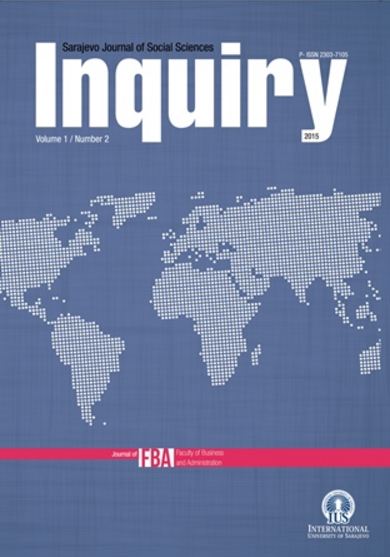The Effectiveness of Monetary Transmission Channels: The Case of Central and Eastern European Transition Economies
The Effectiveness of Monetary Transmission Channels: The Case of Central and Eastern European Transition Economies
Author(s): Fatma Gündoğdu Odabaşıoğlu, Celil AydınSubject(s): Economy, National Economy, Supranational / Global Economy, Socio-Economic Research
Published by: International University of Sarajevo
Keywords: Monetary Transmission Channels; VAR Analysis; ARDL Approach;
Summary/Abstract: Many factors including government actions, the depth of financial markets, the structure of banking sector, capital movements, etc. affect the functioning of the monetary transmission mechanism. Thus, the determination of the channels playing an active role in the transmission mechanism is of vital importance for making policy decisions aimed at ensuring price stability. The present study aimed at investigating the effectiveness of the monetary transmission channels in Central and Eastern European (MDA) transition economies. In this regard, the study tested the effects of the monetary transmission channels in MDA transition economies in the 1995:01-2012:12 period on macroeconomic variables. Firstly, the Vector Autoregression Analysis (VAR) was carried out in order to determine the short-term dynamics of the effects of the transmission channels on macroeconomic variables. Secondly, the long-term dynamics of the effects of transmission channels on macroeconomic variables were searched via autoregressive distributed lag (ARDL) analysis. It was concluded in study that financial development and exchange rate were the most efficient channels on economic variables in most of the said economies.
Journal: Inquiry - Sarajevo Journal of Social Science
- Issue Year: 1/2015
- Issue No: 2
- Page Range: 9-37
- Page Count: 29
- Language: English

